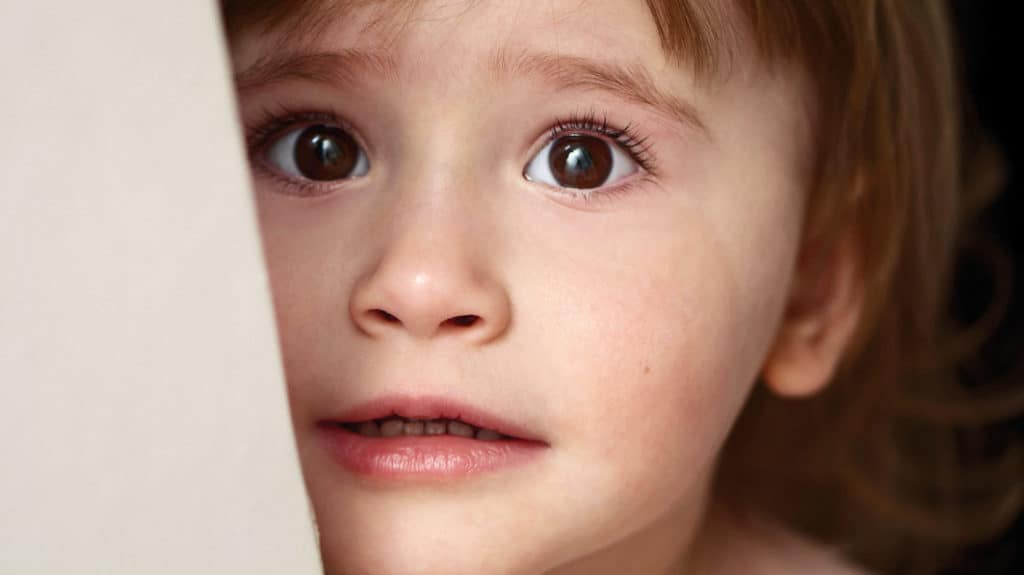
Family Legacy: Why Should We Care?
If we don’t intentionally pass on a family legacy consistent with our beliefs and values, our culture will pass along its own.

When your child is frightened, he will look to you for emotional cues. Consider how other parents have worked with their children regarding childhood fears.
When frightened, your child will turn to you for help or comfort. Sometimes kids will even take their cue from you about how to react. Here are tips from an expert and a parent about how to help kids overcome their childhood fears:
Whether they’re afraid of bugs, automatic car washes, thunderstorms or dark places, children have fears. Most are transient, while others hang on awhile and require extra thought, time and patience to resolve. Sometimes the fear becomes problematic for the whole family. For example, a toddler’s panic about flying insects can make watching your oldest daughter’s soccer game a real adventure. So how can you deal with frights in a gracious way that helps your child and reduces your frustration?
Talk. A child may not be able to tell you much except, “Bug get me” or “Boom hurt ears.” But even that much information is better than uncontrolled shrieking linked to an unknown cause. Plus, the fact that you care enough to listen and ask questions usually has a calming effect.
Read together. Learn how the rain that accompanies thunderstorms helps grass grow and flowers bloom. With bugs, your child may have a genuine reason to be scared. Read about the bug and the purpose God gave it to remove concerns that the insect’s only mission is to hurt your child.
Check yourself. Children frequently take their “fear” cues from things that scare adults. Have they seen you jump through your skin during a storm? Do you react with panic around strange dogs? You may have to face your fears and work through anxieties to help your kids battle theirs.
Take small steps. Visit with a friend’s dog that is friendly and easygoing. Watch it play with other children and then allow your children to approach the animal. Be sure to stay close by throughout the process.
Play. Share about things that scare you and how praying helps. Then talk to God together about the scary dreams, shadows on the wall or your neighbor’s pooch.
The first time my daughter Eva saw a horse, she started crying and shouting, “No, no, no!” Expressing fear toward unusual sounds or objects is not uncommon for toddlers, especially if they are naturally sensitive or anxious.
As parents, our instinct is to protect our children from harm and comfort them when they are afraid. We should be careful not to coddle them, however. Swooping in like a mother hen to protect our children from every real or imagined threat will only serve to reinforce their anxiety.
When your child is frightened, he will look to you for emotional cues. Resist urges to either rush to his rescue or dismiss his concerns. Instead, calmly and firmly reassure him that he is safe and everything will be OK. In addition, praise him when he makes even small attempts to face his fears.
Dealing with fear is a wonderful opportunity to teach your child to turn to God when he is afraid. Remind him that even though scary things do happen in life, God promises He will always be with us (Psalm 118:6).
—Dr. Bill Maier
Once the sun went down, my 3-year-old would panic if he had to go to another room without me.
To help him, I would say, “You are so brave. I will talk to you the whole time.”
With that assurance, he’d leave the room yelling, “Mommy?”
I would answer, “Yes, I’m right here.” We did this until he returned. At first, we communicated the whole time, but after a few months, it would just be once or twice. Eventually, my son was able to venture through the house after dark without panicking.
—Emily Downs